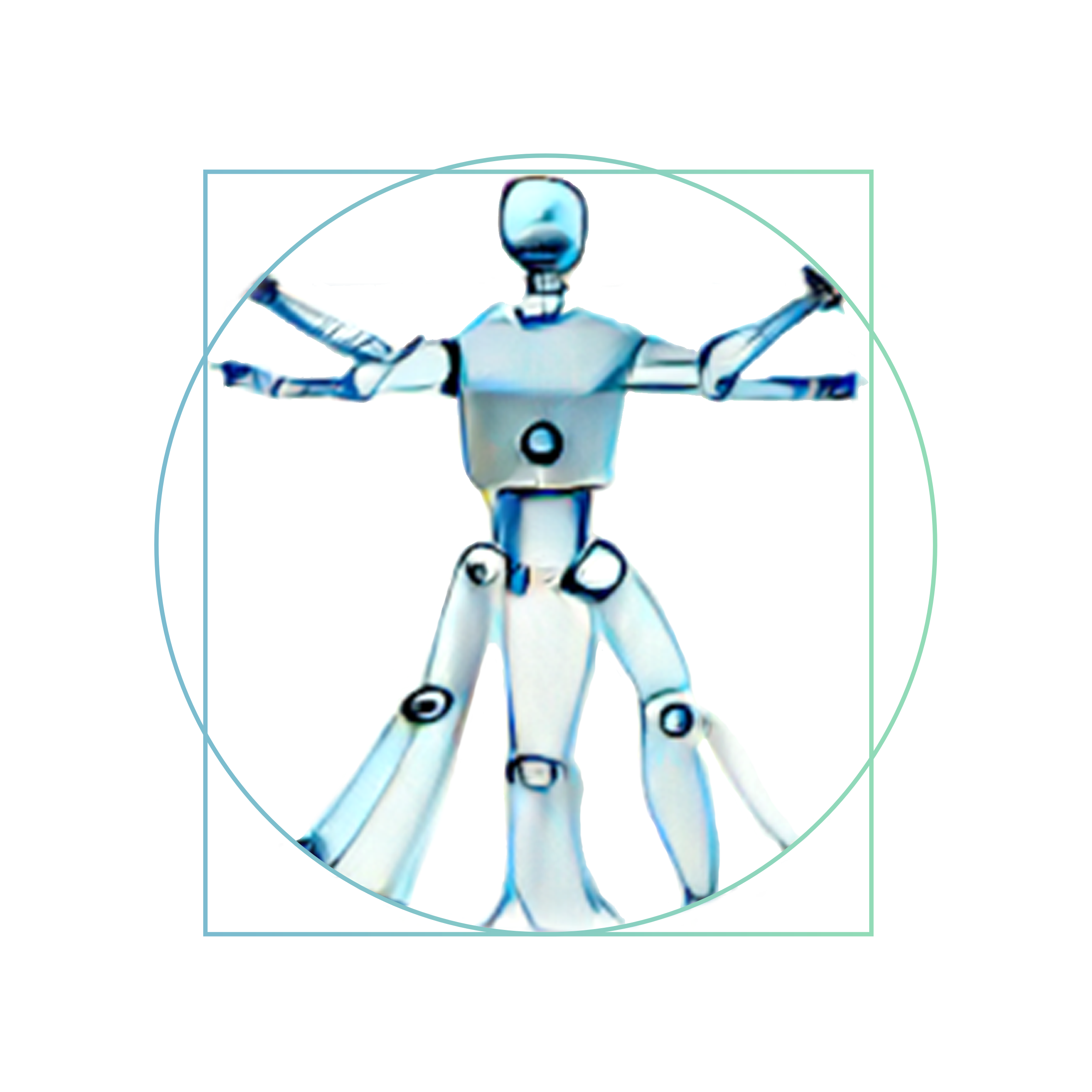The DH Cookbook in Korean Studies
A Fusion of Old and New

Welcome to the DH Kitchen
- The Kitchen
- The Tools: Methods and Technologies
- The Ingredients: Data and Sources
- The Recipes: Research Designs and Approaches
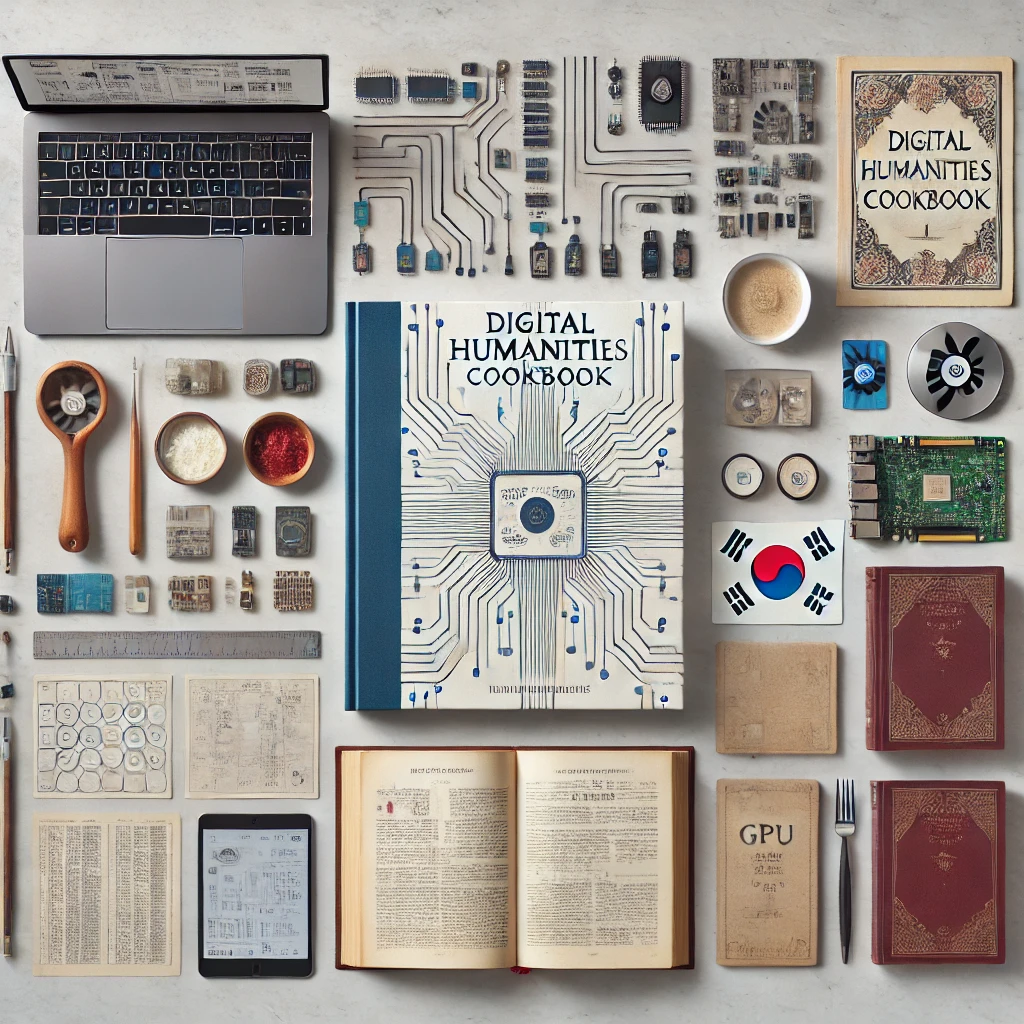
Goal today: Explore Digital Humanities approaches to Korean Studies.
Recipes: What have researchers been cooking?
- Diverse flavours!
- Text Mining
- Computer Vision
- Network Analysis
- QGIS (Mapping)
- Survey/Numerical Data
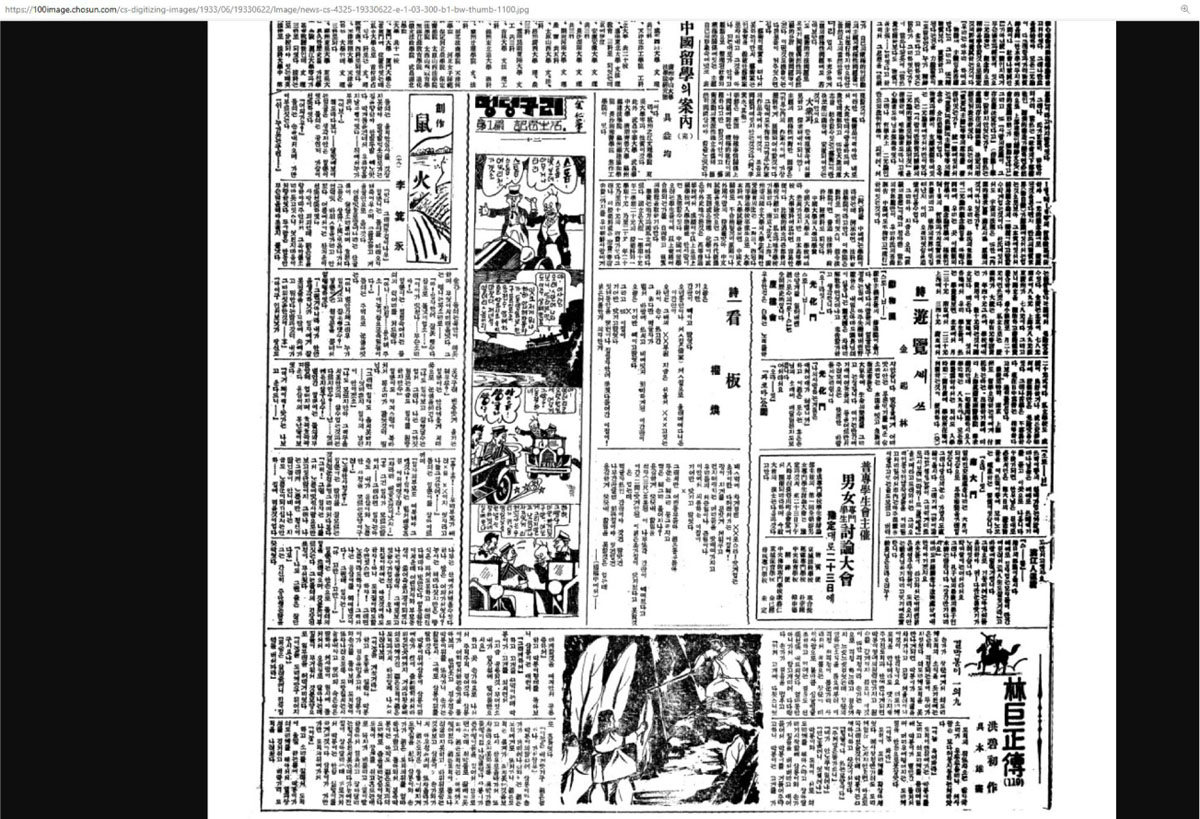
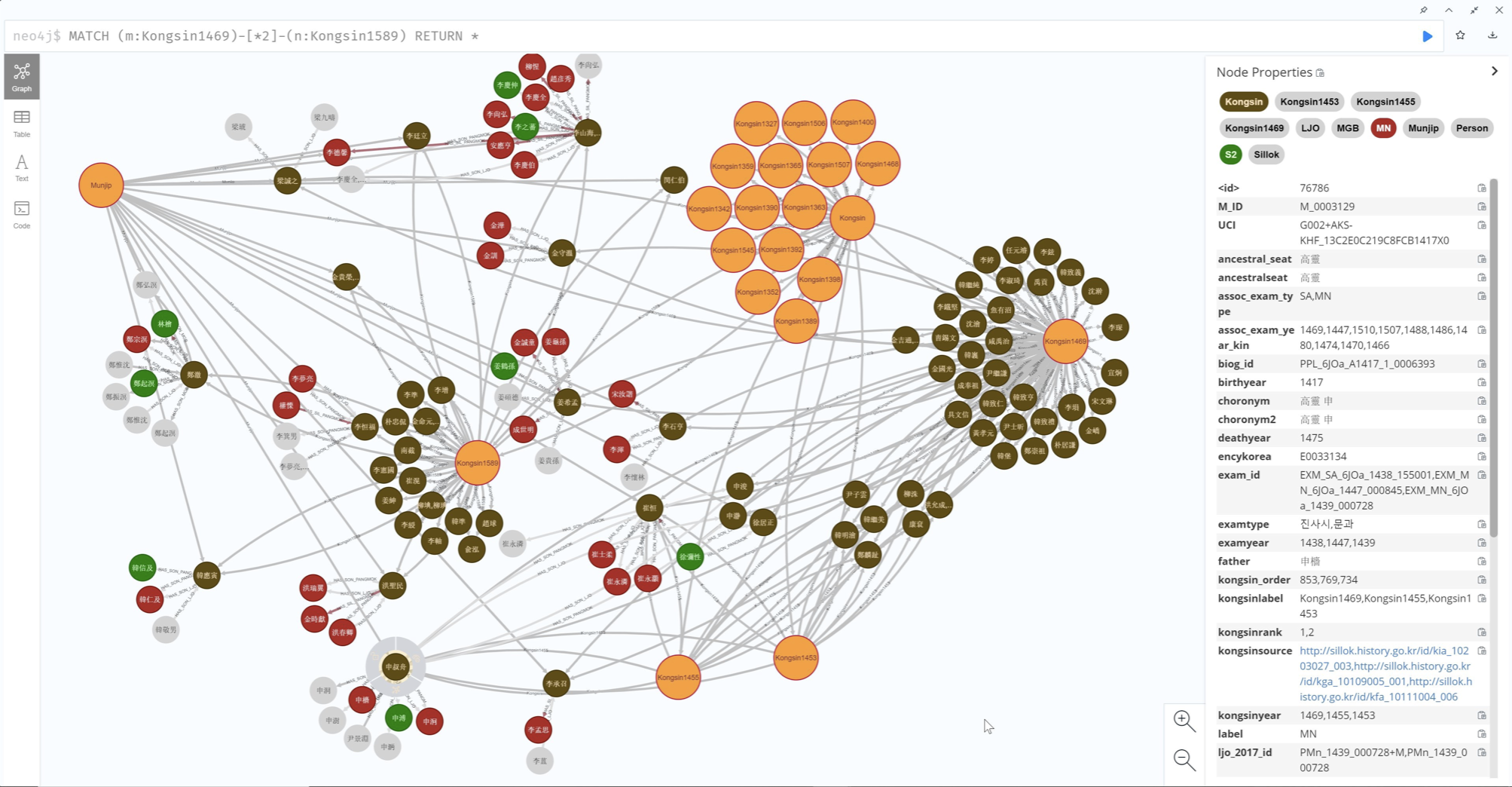
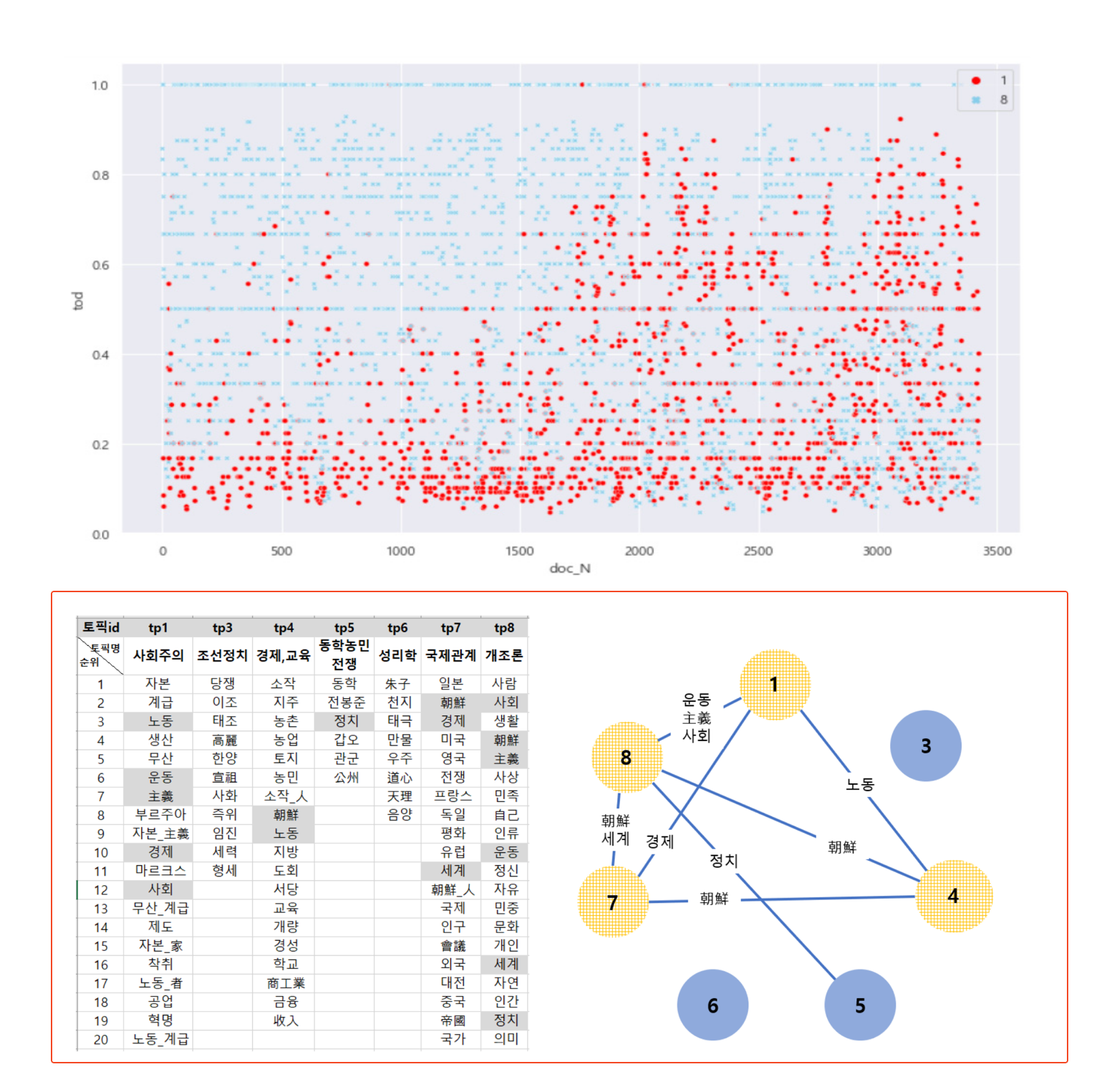
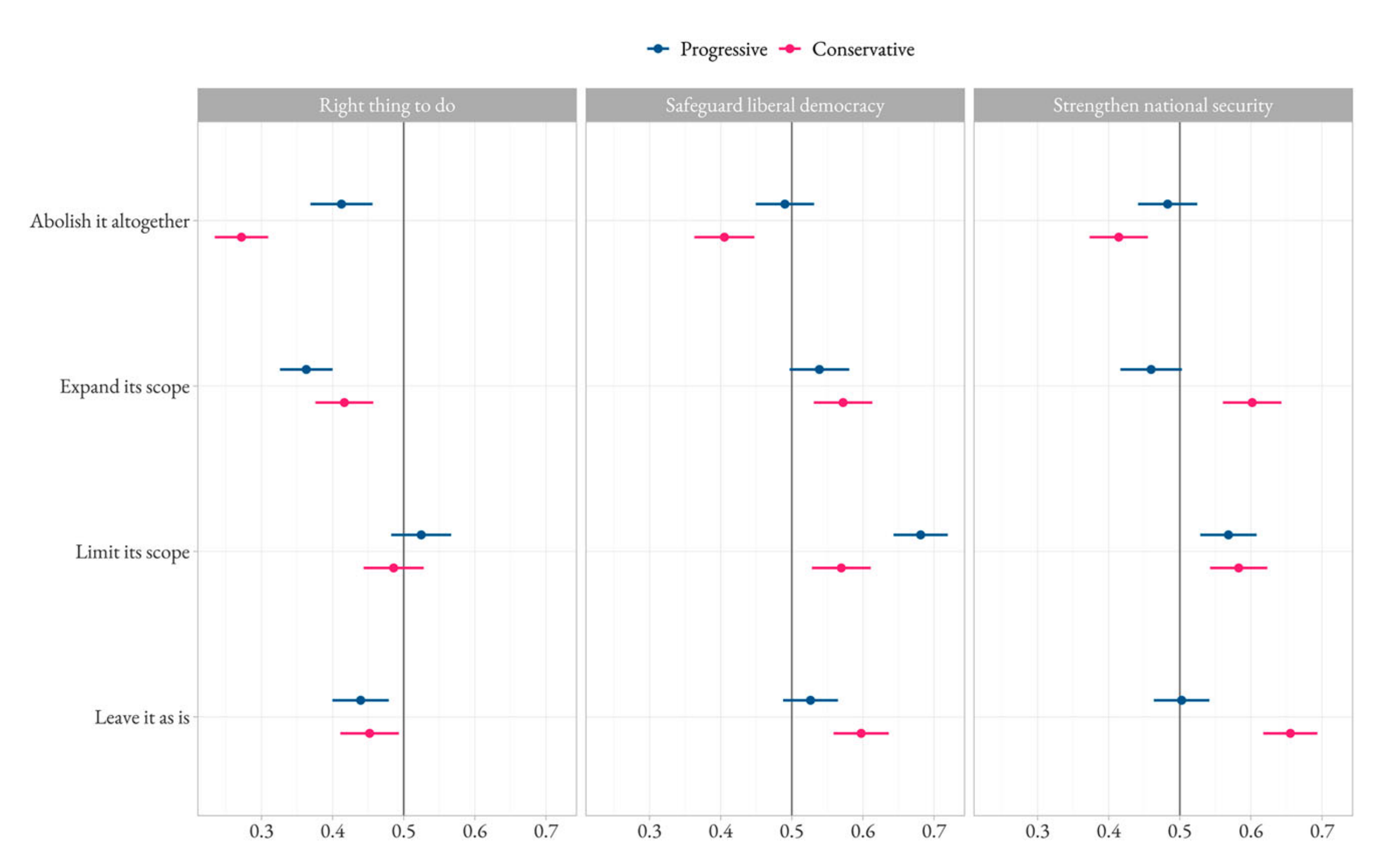
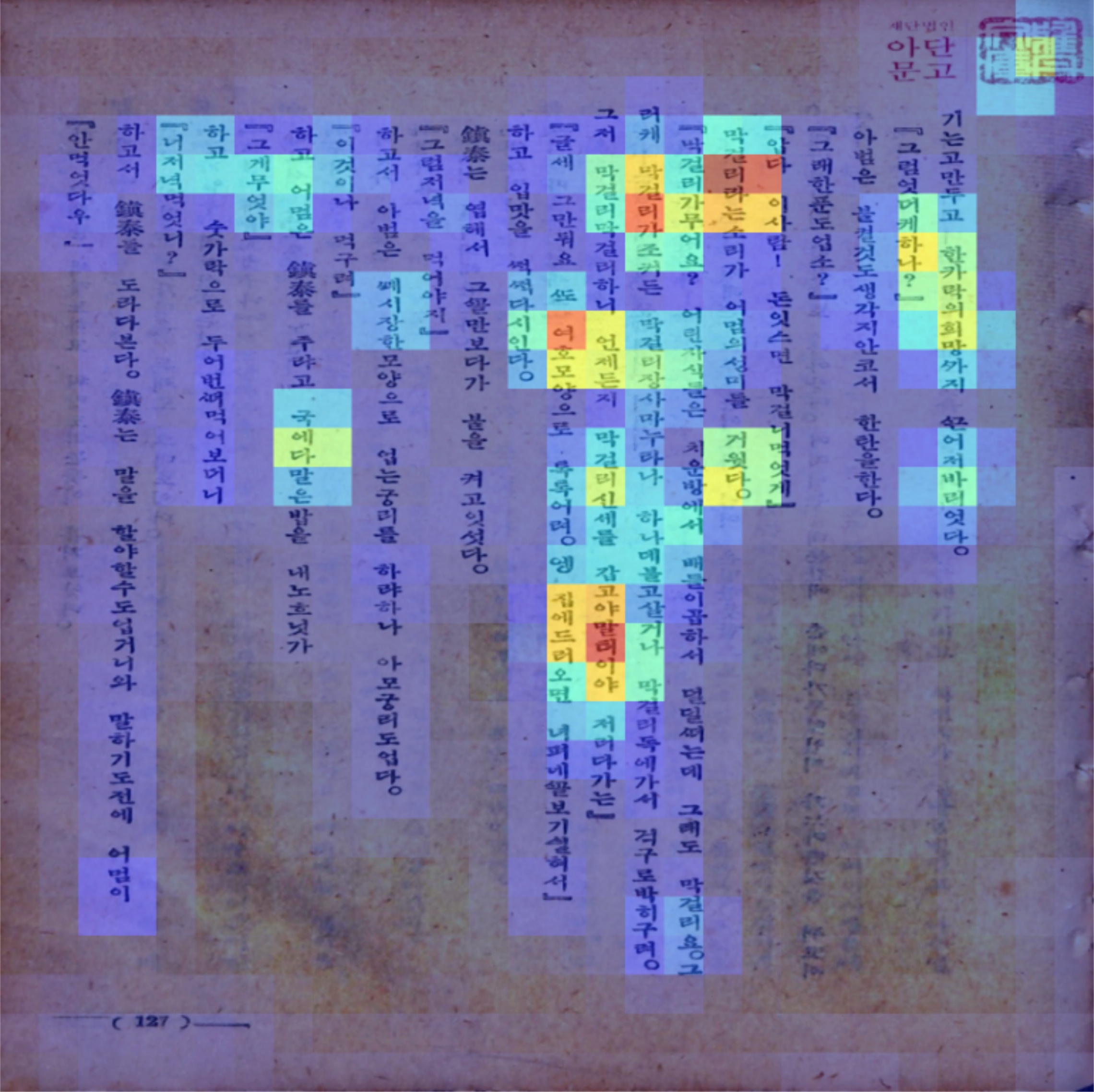
And much more…
- Please check out the papers of the researchers mentioned!
- Korean Journal of Digital Humanities
- See Cha & Wall (2023) for more depth/examples.1
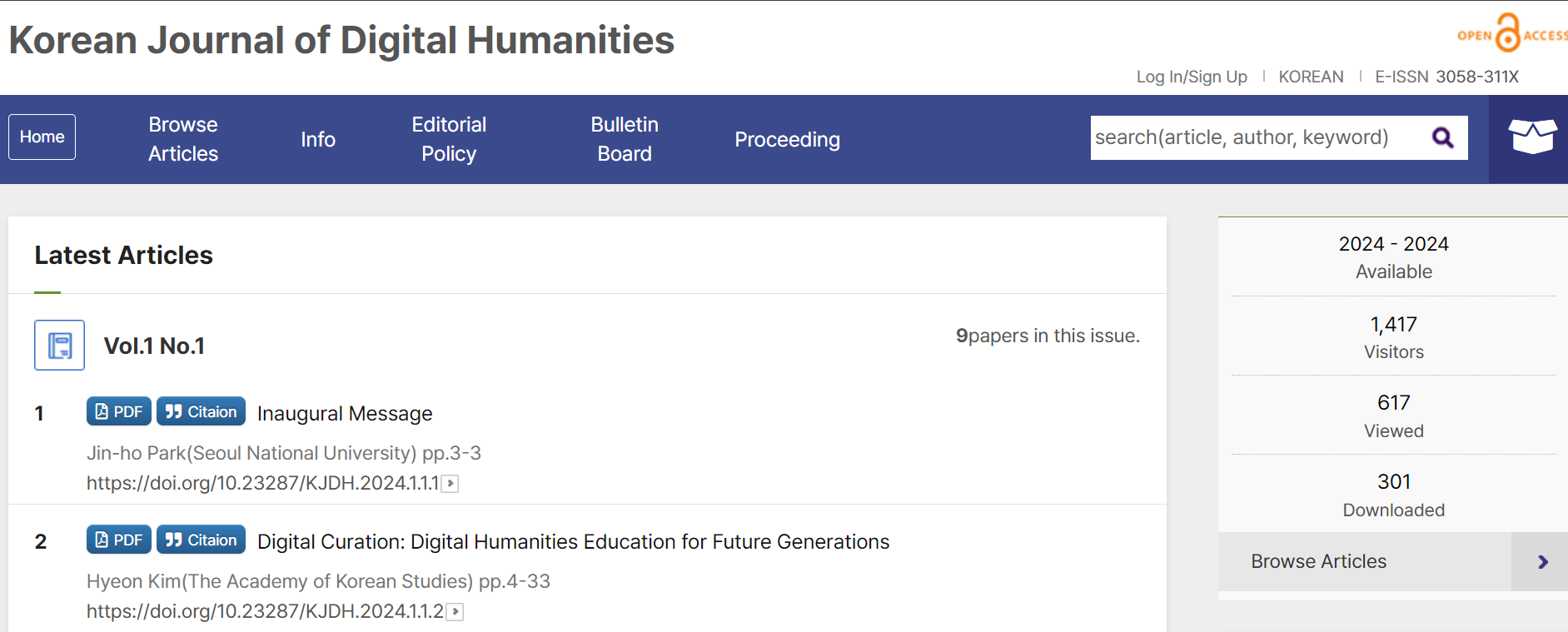
The Pantry: Ingredients of DH/Korean Studies Fusion
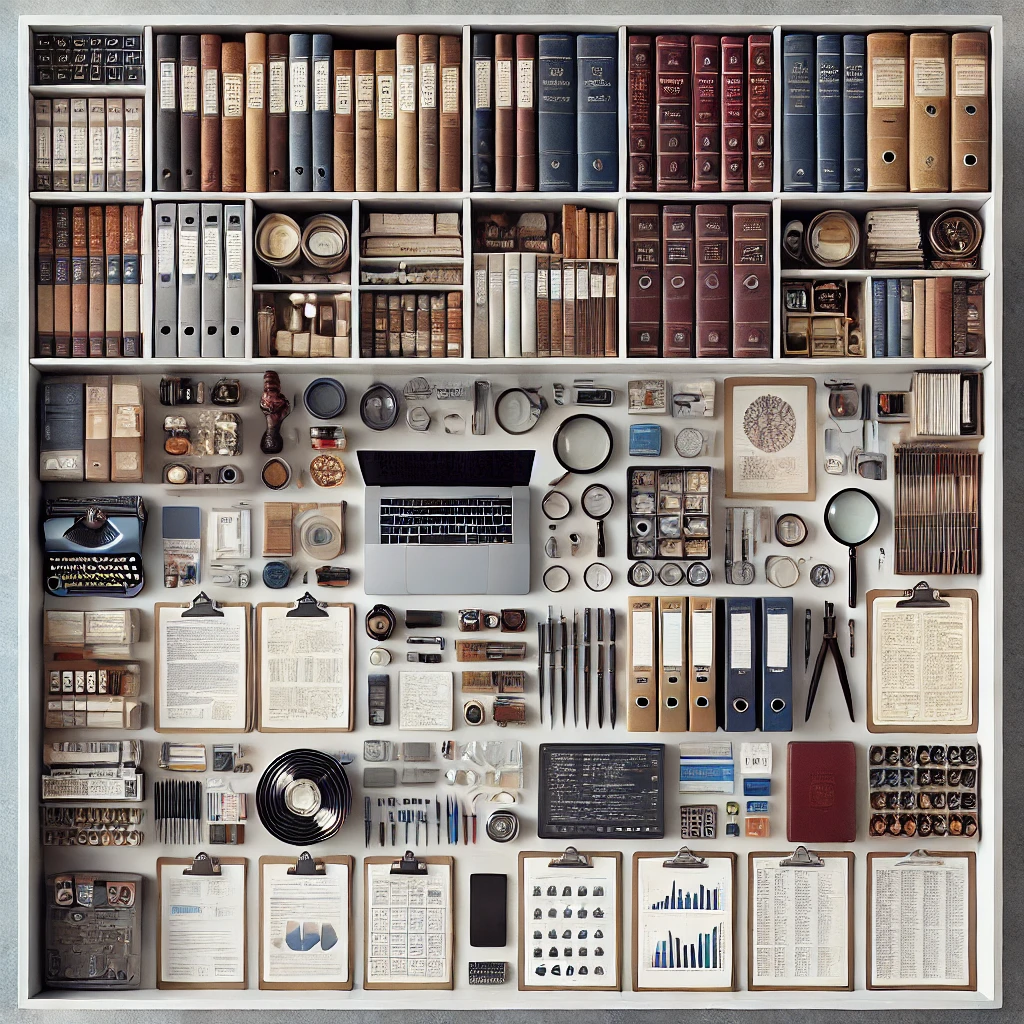
Ingredients: Data
- The data remains mostly the same!
- Digitized/Machine Readable.
- Format changes.
Shopping for data
- Starts mostly digitally
- Archives
- Libraries
- Google Scholar
- ChatGPT/LLMs?
Shopping for data
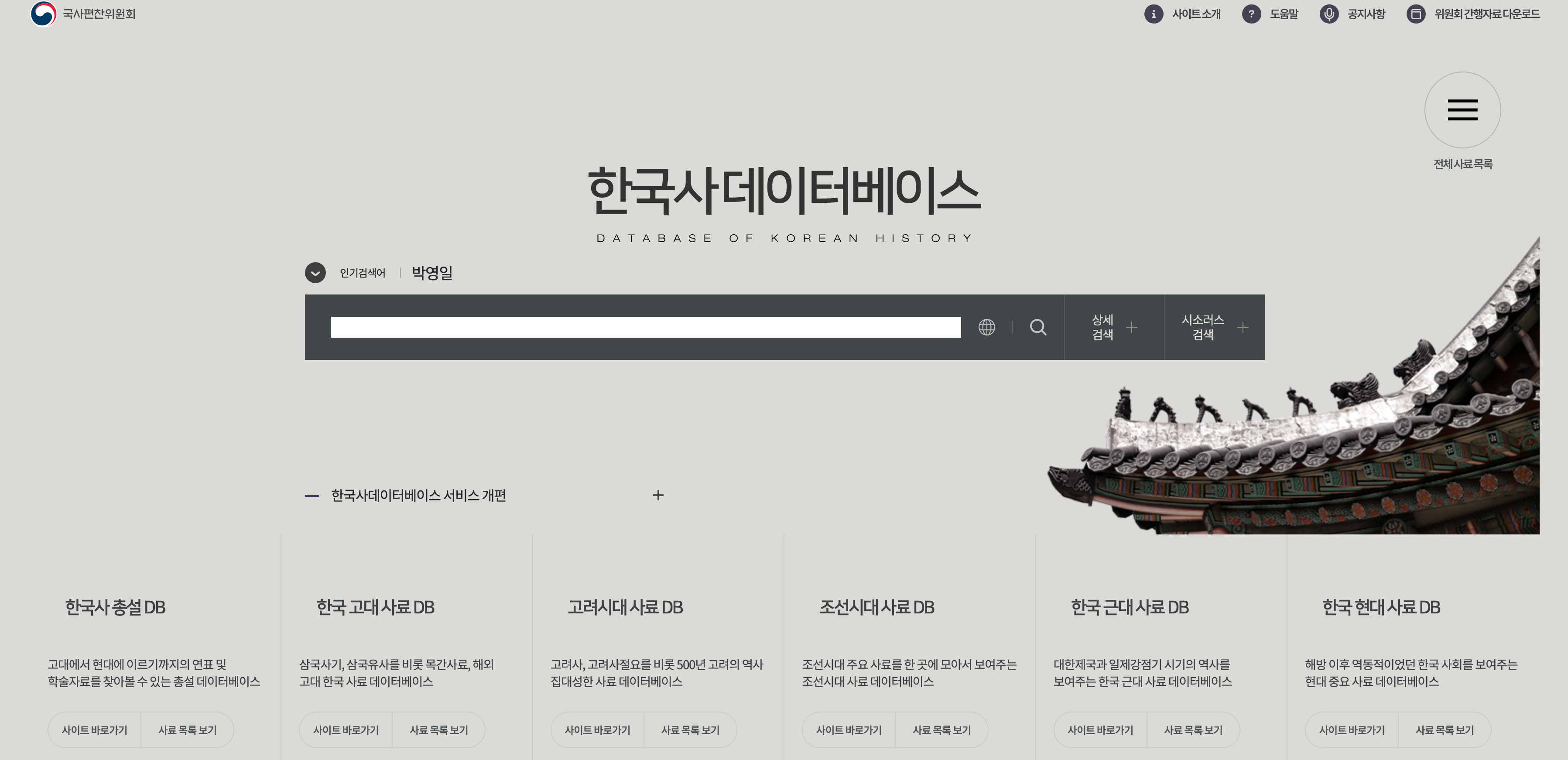

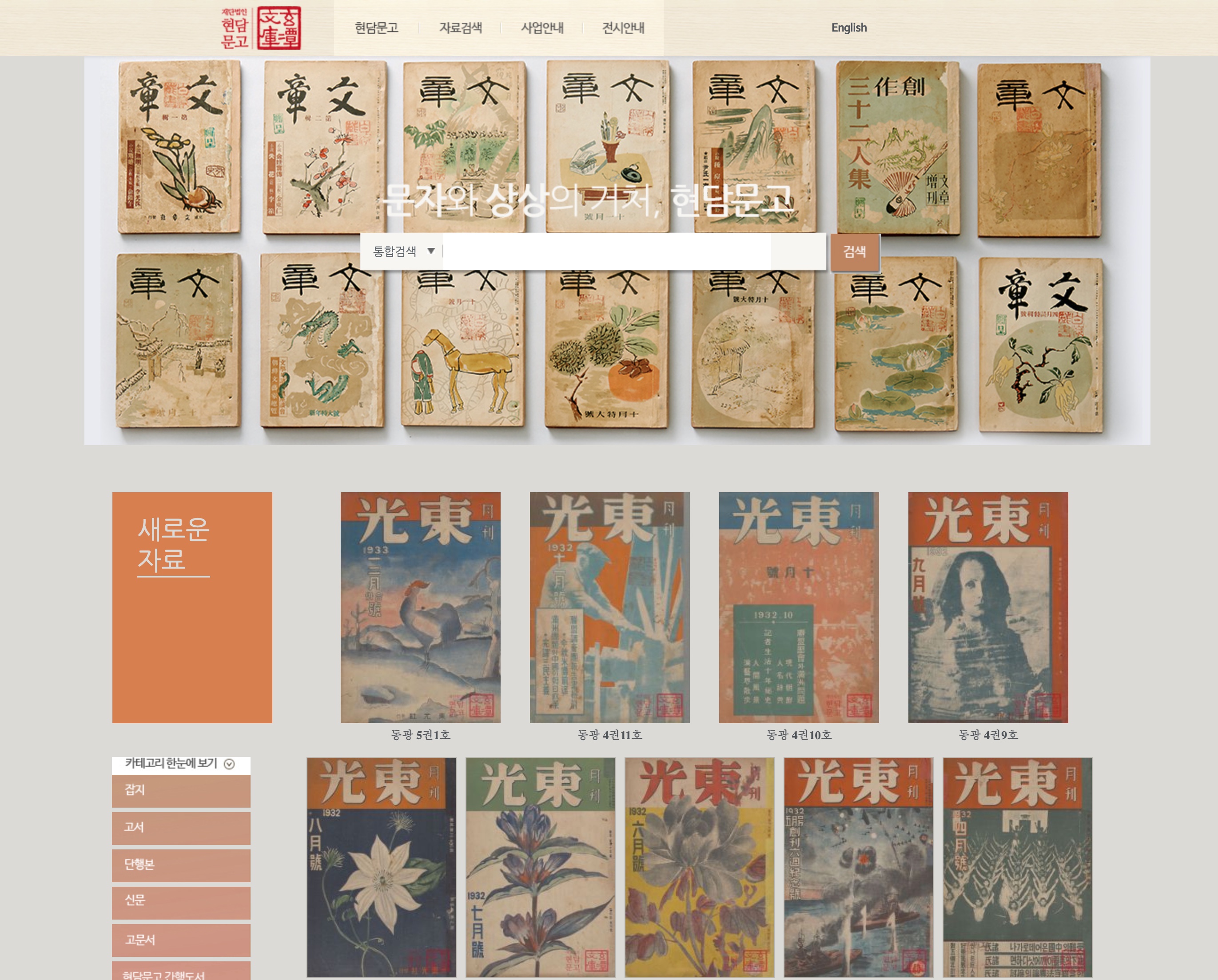

Shopping for data
- Getting data is hard.
- Especially historical data depends on digitization and OCR1
- Current digitization at the National Library of Korea: 19% (2023)2
- This is still 1.9 million works…
- The challenge: How to curate the data we need?
- Logistical Challenges
One bite at a time?
- Libraries/Archives have more available than ever.
- But also harder to get in bulk
- (Computational) DH requires scale.
- Most facilities are not ready to support this.
One bite at a time?
- API interfaces (For Archives/Libraries)1
- Compute facilities for Researchers (For Research Institutes)
- How do we share the data used again?
- Copyright
- Long-term storage solution
Naver’s Kak Data Center
- Sejong & Ch’unch’ŏn
- One ‘Sejong’
- Can house 600,000 server units
- 65 exabyte of data1
- ~1 million times the NLK2
- One ‘Ch’unch’ŏn’
- Four Hydroelectric plants and backup generators
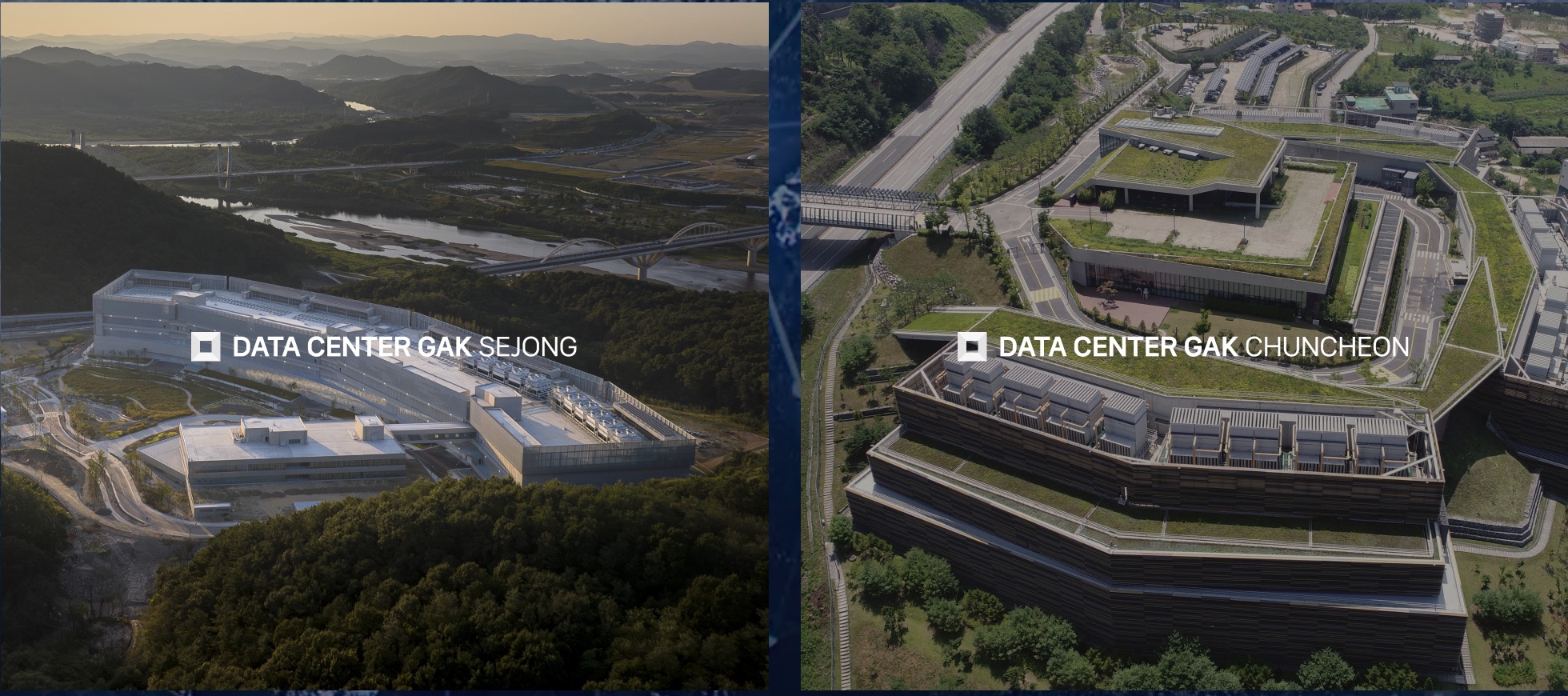
NLK Data Preservation Center P’yongCh’ang
- NLK also developing new Data Center
- Problem of Power/Electricity
- Humanist need to consider these logistical challenges now.

Outside Print
- I work on Colonial Korea > ‘Centralized’ data.
- Increasing interest in non-print data: online communities, internet archives, social media.
- Interest in preservation and analysis of non-print data.
- Where is this data? Where is it stored? And by Whom?
Kitchen Tools: Technologies and Platforms

Kitchen Tools: Technologies and Platforms
Software
- Python/R
- LaTeX/Typst/Quarto
- Open Refine
- Etc…
Hardware
- Computing Facility
- Long term Data storage
- VR/AR
- Research ‘Lab’
Large Language models
- Perhaps the most hyped
- Basic understanding of the mechanism
- How to use it responsibility
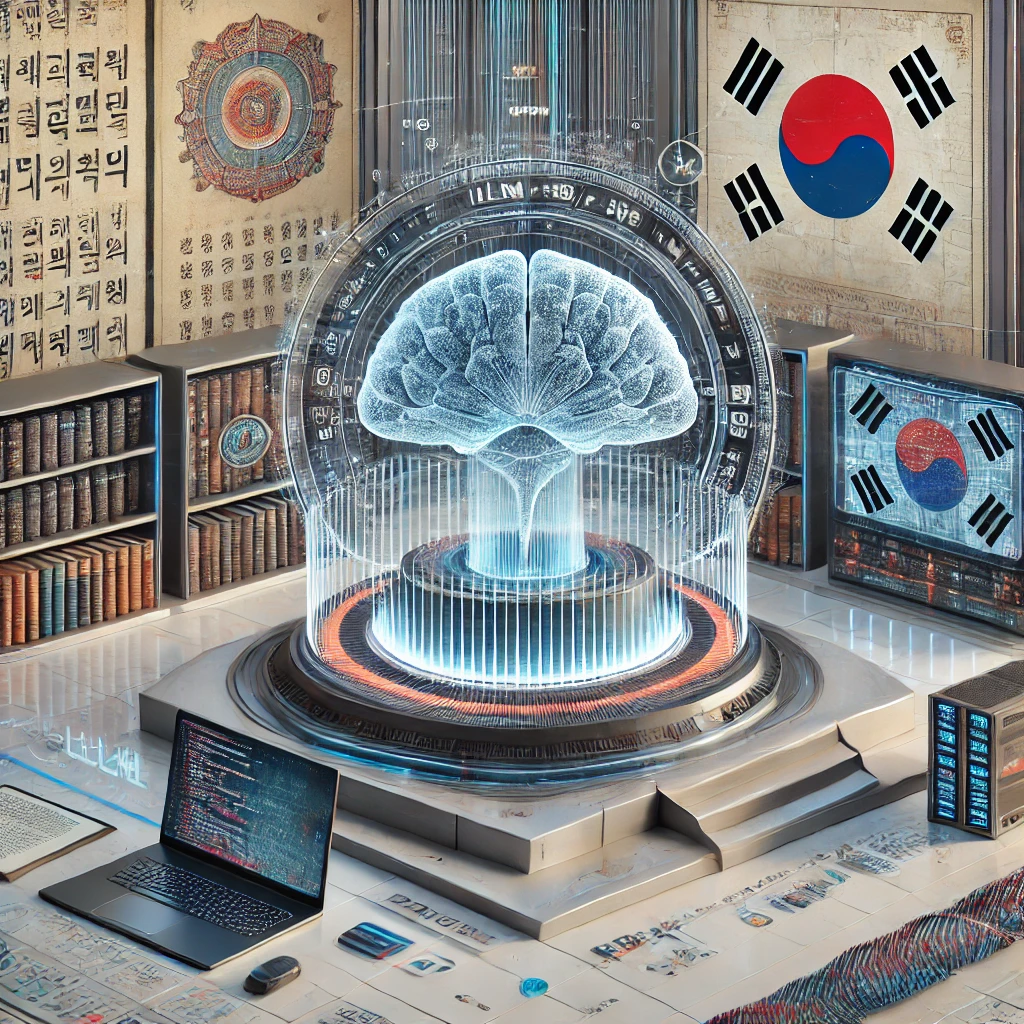
Choosing your cuisine
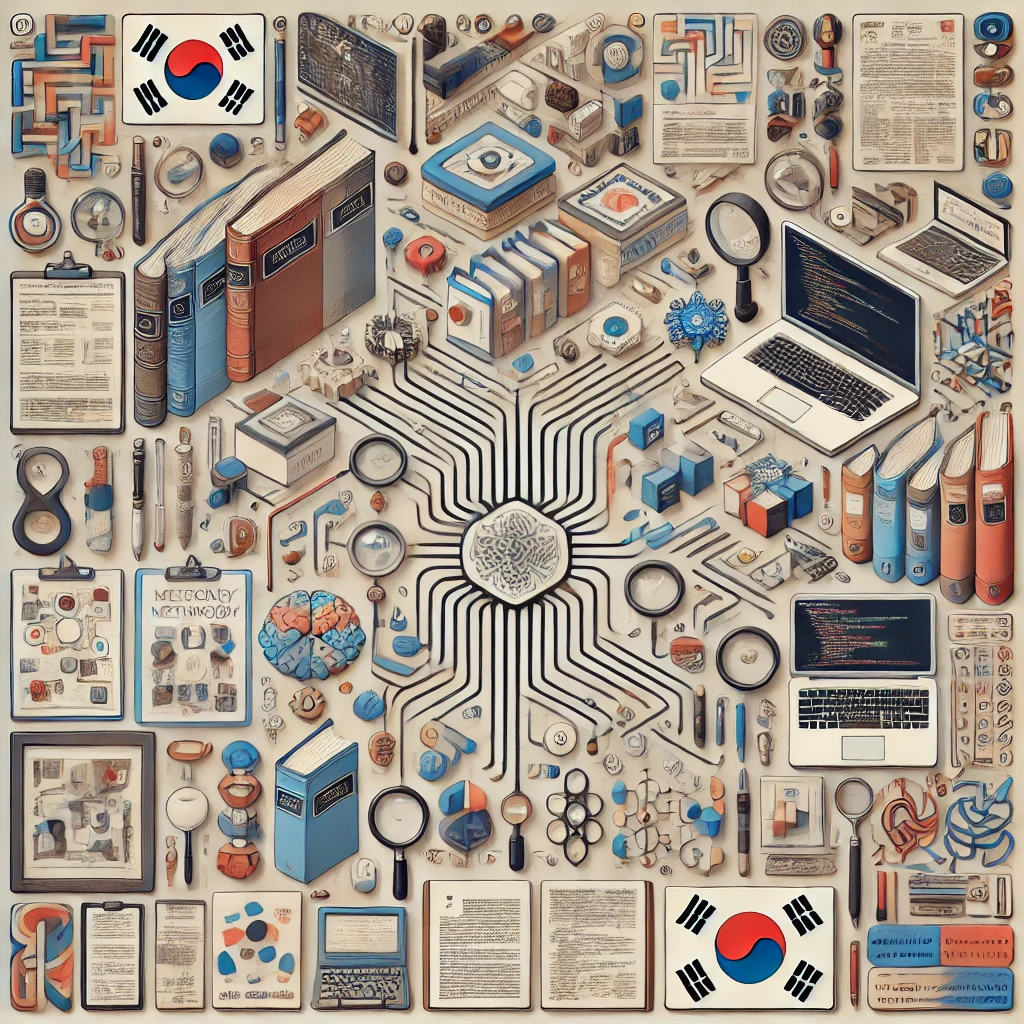
Should Everyone Cook This Way?
- Not necessarily.
- However, understanding the basics of ‘preparing a meal’ is essential.
- Mastery of core techniques important for a future with an increasing digital side.
Should Everyone Cook This Way?
- Not necessary to engage quantitatively.
- However, engaging with digital media, data, and tools is crucial.
Should Everyone Cook This Way?
- How do you browse through an archive containing
- millions of books?
- 100,000 years of video material?
- Gigabytes (if not Tera) of image data?
- CSV, plain text, of millions of rows of social media data?
Fusion Cuisine: Digital Methods, New Questions
- Scale vs. Detail.
- Traditional research & Computational Approaches look at similar questions
- Inherently digital: Some studies, are inherently digital, but not inherently quantitative
- Added value in a different way to read/view distantly.
Fusion Cuisine: Digital Methods, New Questions
- Examples:
- Historical text analysis at scale.
- Browsing & analysing 10,000s of image data.
- Digital anthropology of K-pop fan communities.
- Study of public data.
The Potluck: Collaborative and Open Scholarship
- Sharing “recipes”
- Open data, methods, and code.
- Collaboration
- Computational and non-computational working together.
- Plurality
- Not qualitative vs. quantitative but building upon each other.
Open Fields: New Recipes Waiting to be Created
- LLM-assisted studies
- Big data in Korean Studies
- Digital preservation efforts
Conclusion: The Ever-Evolving Menu
- DH in Korean studies: A diverse and expanding cuisine
- Different research questions call for different recipes.
- Readiness for a more digitized world.
Q&A: Taste Testing
Thank you for joining today’s “feast”! What did you think of the “menu” we explored?
Questions, comments, or feedback?


Cited Works
Cha, Javier. “Javier Cha.” Javier Cha. https://javiercha.com/, 2024.
Cha, Javier, and Barbara Wall. “Introduction to Special Section Digital Korean Studies.” Korean Studies 47, no. 1 (2023): 1–7.
Green, Christopher, and Steven Denney. “Why Do Democratic Societies Tolerate Undemocratic Laws? Sorting Public Support for the National Security Act in South Korea.” Democratization 31, no. 1 (January 2024): 113–31. https://doi.org/10.1080/13510347.2023.2258082.
Hur, Soo. “『개벽』 논조의 사회주의화에 관한 새로운 접근 토픽 연결망 분석을 중심으로 A New Approach to Socialization in Gaebyeok’s Tone: Focusing on Topic Network Analysis.” 인문논총 78, no. 1 (2021): 221–62.
Kim, Sujeong. “Korean Memory Project: Digital Curation of Knowledge Information Resources.” Conference {{Presentation}}. Seoul, October 2023.
Lee, Seojoon, Byungjun Kim, and Bong Gwan Jun. “Automatic Detection of Four-Panel Cartoon in Large-Scale Korean Digitized Newspapers Using Deep Learning.” Journal of Open Humanities Data 10, no. 1 (June 2024). https://doi.org/10.5334/johd.205.
Naver. “DATA CENTER GAK.” {Company Website}. DATA CENTER GAK. https://datacenter.navercorp.com/, 2024.
Park, Jiyeong. “로봇 가로\(\cdot\)세로가 데이터 나른다, 국립중앙도서관 ‘100만배 용량’.” 한겨레, November 2023.
Park, Suhyeon. “[르포] 국립중앙도서관 1만개 분량 데이터 담은 네이버 ‘각 춘천’ 가보니.” 조선비즈, February 2023.

